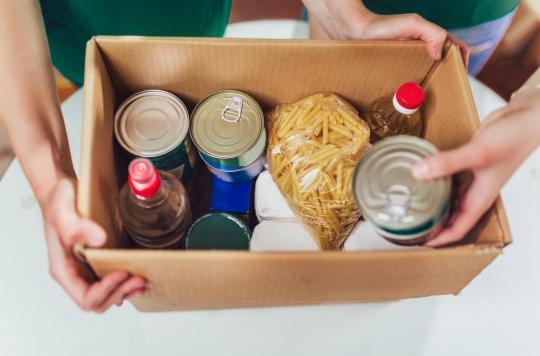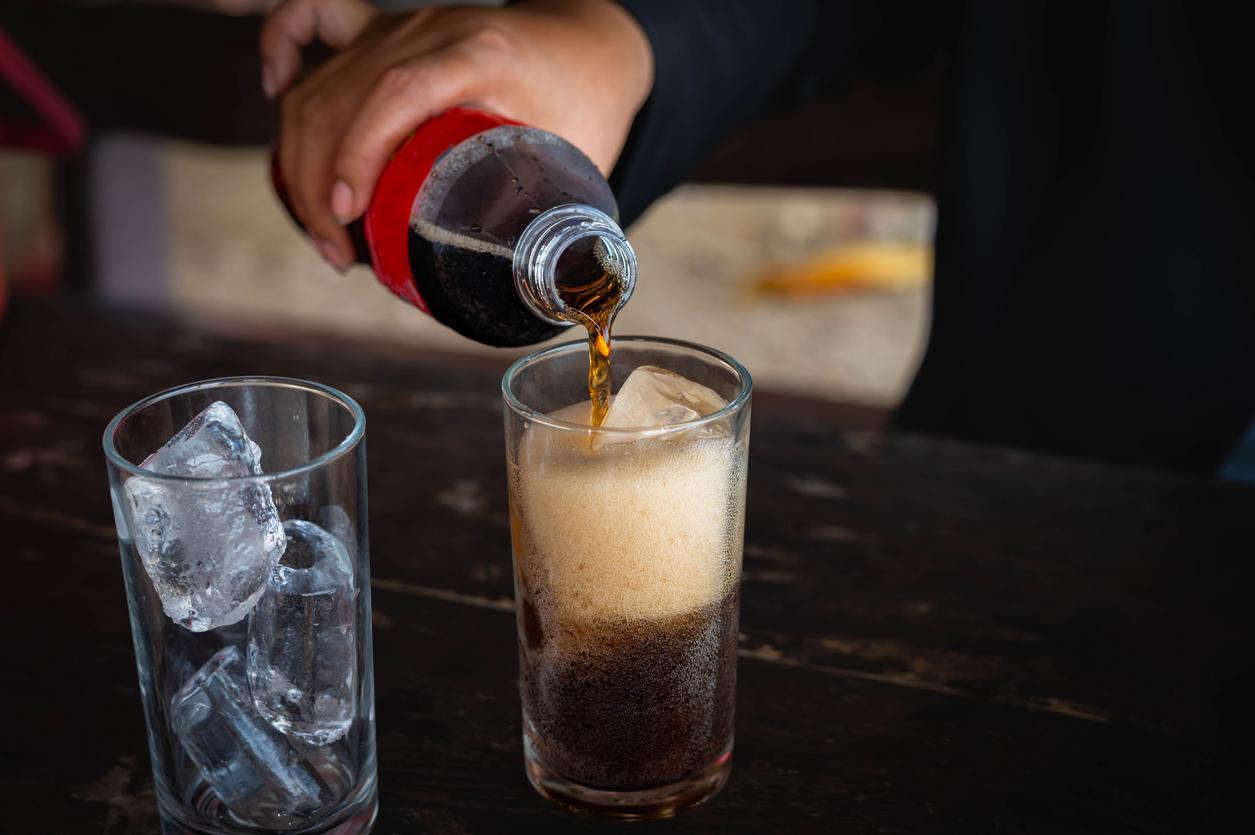The crisis linked to the Covid-19 pandemic is not just health. Strongly affecting employment and the economy, the epidemic has had the effect of making many families more precarious, who have turned to associations such as Les Restos du Coeur or Secours Populaire for food.

To what extent have the health crisis and confinement deteriorated the living conditions of the French? Although it is still too early to measure the lasting effects, it is certain that the restrictions on the activity of many companies, combined with partial unemployment measures and even, in some cases, the loss of employment, have reduced incomes many households. According to numbers of the Direction of the animation of research, studies and statistics (Dares) unveiled this Thursday, nearly 49,000 terminations of employment contracts have been considered since 1er March, i.e. nearly three times the number of terminations envisaged over the same period in 2019.
Between 20 and 50% more requests
This weakening of the economic situation which, since confinement, affects above all families with already modest incomes. To continue to eat, many have turned, sometimes for the first time, to food aid offered by associations such as the Red Cross, the Secours Populaire or social grocery stores. Result: the number of parcel requests is increasing sharply, as noted by Jean-Michel Baer, president of Restos du Cœur Val-d’Oise.
“The number of registrants particularly increased from the end of June. During the confinement, I think that people did not dare to go out so much”, advances the departmental president of the association. According to him, the number of beneficiaries jumped by 20% at the end of confinement, with a peak observed in the last week of June: 47,000 meals were distributed to 7,500 beneficiaries throughout the Val-d’Oise department. To which are added 839 babies, who have benefited from donations of infant milk, small pots or diapers. The number of raids on people living in precarious housing or on the street has also increased by more than 10%.
An increase also felt in other departments. According to data collected by The ParisianFood Banks have faced “an increase in demand between 20 and 30% depending on the territory” while the Ile-de-France branches of the Red Cross recorded an additional request between “25% and more than 50%”. On a national levelthe French Red Cross has even noted a 40 to 45% increase in needs.
New beneficiary profiles
As for the local Secours Populaire branch in Argenteuil (Val-d’Oise), which helps around 120 families each month, demand has also been on the rise in recent months. “During the summer, we do not make new files, but it is true that we have a strong demand for assistance from people who are not registered with us and who come in the hope of being registered or at least to benefit from occasional assistance”, says Christine Proust, who manages requests for food parcels. The association was also very busy during the confinement. At the national level, the Secours populaire noted a 45% increase in attendance in March and April. A peak in attendance that has not been seen in all local relays. Since mid-July in Argenteuil, “we may have had a few more requests than in other years, but I don’t know if it’s linked to the health crisis”tempers Christine Proust, who believes that this increase is also linked to the summer closure of other associations.
For Jean-Michel Baer, on the other hand, this increase in requests for food parcels is “the very clear consequence of the economic crisis. Many people who have lost their jobs or who were just on the edge and whose incomes have fallen are now coming to see us. These are people we didn’t know before because they didn’t need us.”. In addition to students, single-parent families or isolated workers, there are now new profiles who line up every week to obtain a food parcel: self-employed entrepreneurs, restaurateurs, construction workers or even salespeople, whom the crisis economy capsized, as described The Parisian.
A lack of human and financial resources
If for the moment, the departmental antenna manages to cope with this influx of new people registered for food aid, its means are limited. “We expect a very strong recovery from the beginning of September with an increase of 20%.” However, the number of volunteers to lend a hand to the association continues to decrease. “It’s really a blow for usworries Jean-Michel Baer. At the height of the lockdown, we had new volunteers who were partially or totally unemployed who came to compensate for the absence of our traditional volunteers. But now they have left and we are sorely lacking new hands to welcome registrants and distribute packages. Everyone who has the time to give is welcome.”
If the economic crisis were to last, the association also risks finding itself short of financial means. “To function, we need volunteers and money. And who says more beneficiaries, necessarily says more needs to buy food”, explains Jean-Michel Baer, who says he expects a lot from the government. In early July, the Secretary of State to the Minister of Solidarity and Health, Christelle Dubos, announced the release of an additional 55 million euros for associations helping the most precarious. Help that he hopes will be sufficient to cope with the coming months. “At the moment, we have sufficient stocks. But if the increase in the number of registrants were to increase by 35 or 40% at the start of the school year, we would no longer be able to do it.
.

















